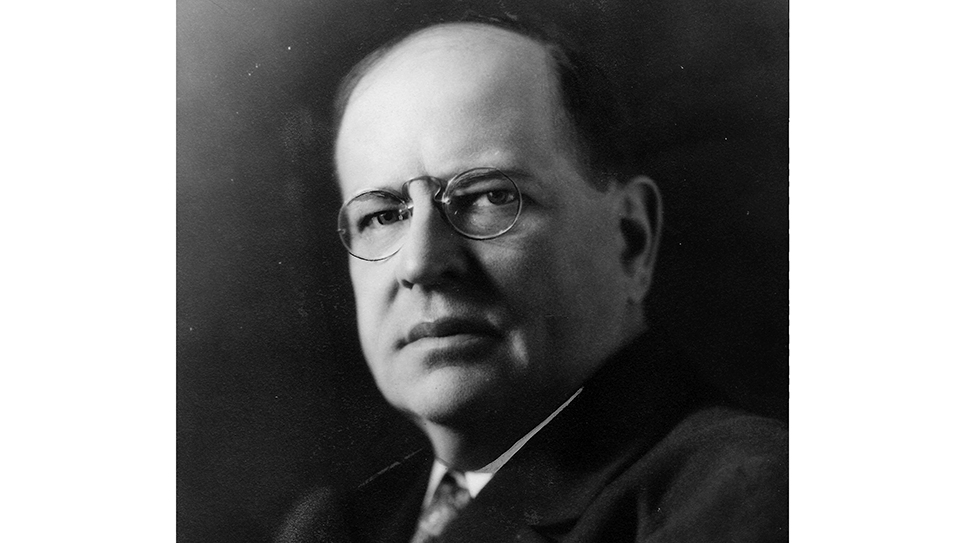When Mercy Writes Your Story
By Justin Pratt
Clear Springs Baptist Church Senior Pastor
I was only a 4th or 5th grader when a group of boys and I thought it would be funny to throw paint we had found onto the side of Alice Bell Elementary School in the early 1990s. I vividly remember splashes of blue dripping down the brick. The laughter died quickly when we found ourselves sitting before Dr. LeCoultre, the principal, with blue hands and guilty faces. I expected the worst and remembered feeling my heart beat through the wall of that thin 10-year-old chest wall. I braced for the call home, the suspension, and the disappointment written across the faces of those that I most wanted to please. Instead, Dr. LeCoultre knelt, looked at me in the eye, and said, “You made a big mistake, but this is a moment to learn, not to be labeled. You’ll help clean it up, and we’ll talk about better choices, but I’m not going to send you home in shame.” I remember her essentially telling me that I was better than this moment. That day, I learned a valuable lesson, expecting punishment but receiving mercy.
In a world that often demands perfection and repays failure with judgment, the mercy of God stands as a breathtaking contrast. It is the divine compassion that meets us in our worst moments and refuses to leave us there. Mercy is not weakness; it’s a powerful expression of God’s love that withholds the punishment we deserve and offers grace we could never earn. Like a 5th grader with dirty hands and a bucket of water with a sponge, mercy doesn’t erase consequences, but it does often soften hearts. It teaches us that failure isn’t final, and it reveals the kind of grace that can shape a life. That’s the mercy God shows us, again and again.
I was recently reading the story of 2 Samuel chapter 9, when a king named David went out of his way to show kindness to someone who seemingly had nothing to offer in return. That someone was Mephibosheth, who was crippled in both feet, forgotten and living in a desolate place called Lo-debar. He was the son of Jonathan, grandson of Saul, and could have posed a threat to the new king. Yet, David brought him out of obscurity, gave him an inheritance, and sat him at the king’s table as if he were his son. The last verse says that, “… he did eat continually at the king’s table; and was lame on both his feet.”
Here’s the beautiful part of this story: while at the table, Mephibosheth’s feet were still crippled. But when he pulled up his seat at the king’s table, pushed his feeble and fractured legs up under the tablecloth, his brokenness and mess-ups were covered! His weakness was no longer visible. His mistakes were in the past. He looked like everyone else sitting in honor, not because of anything he had done, but because THE KING had invited him.
That’s mercy.
That’s grace.
And that’s our story.
When God forgives us, He doesn’t fixate on our past mistakes, our shame, our brokenness, or our imperfections. He invites us to His table, not because of our merit but all because of His mercy! Sometimes mercy looks like a person caught in adultery, and finding forgiveness. And then some days it’s a 10 or 11-year-old kid who, at the very least, deserved a phone call to his parents, but the principal gave him clemency and grace.
No matter what your past has been, when mercy and grace seat you at the King’s table, your brokenness isn’t visible to the King. God knows who we are, but doesn’t see us for what we’ve been. Our King (God) made a covenant through His Son (Jesus), and 1 John 1:7 says, “the blood of Jesus Christ his Son cleanseth us from all sin.” I’m thankful for God’s mercy and grace and the blood of Jesus, which covers our sin, because it gives all who acknowledge that they are broken sinners a seat at the King’s table.






